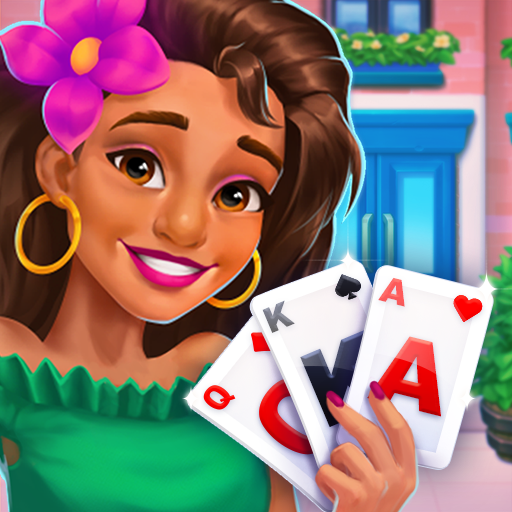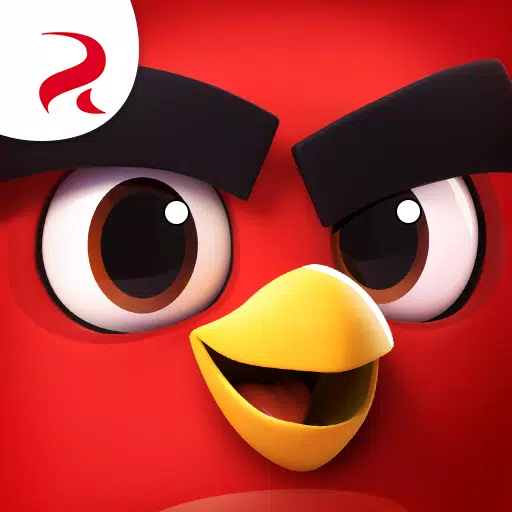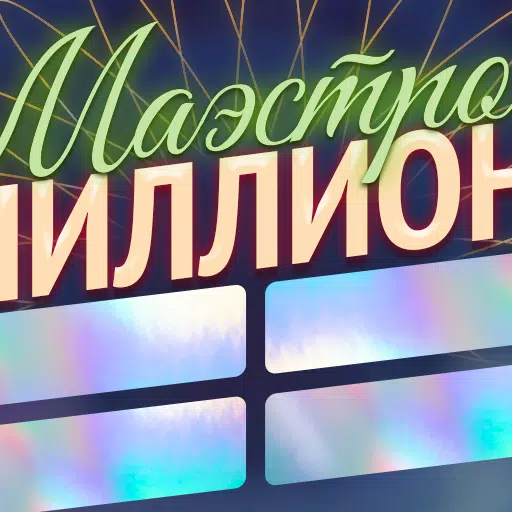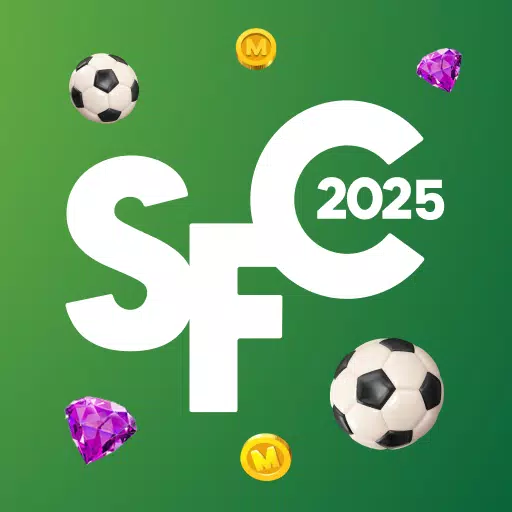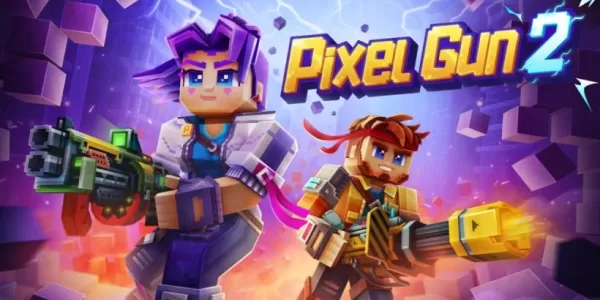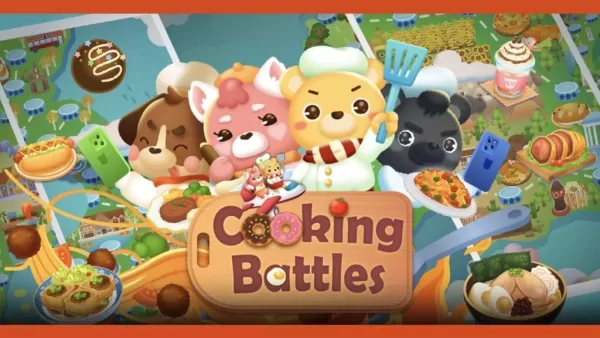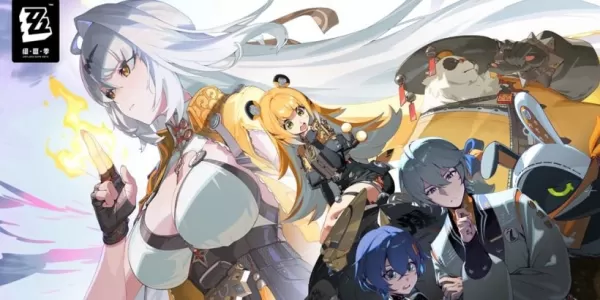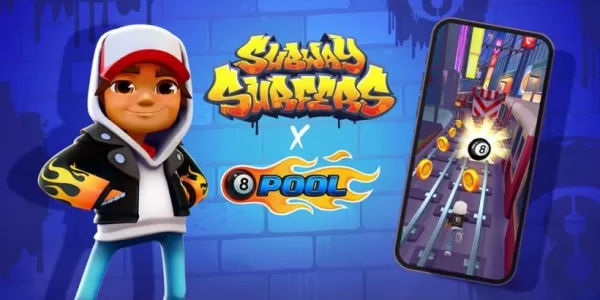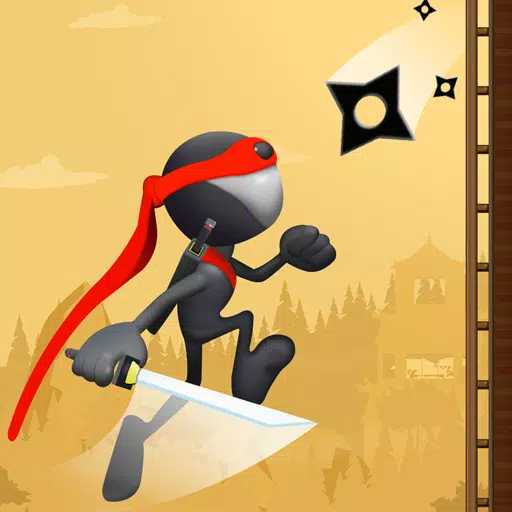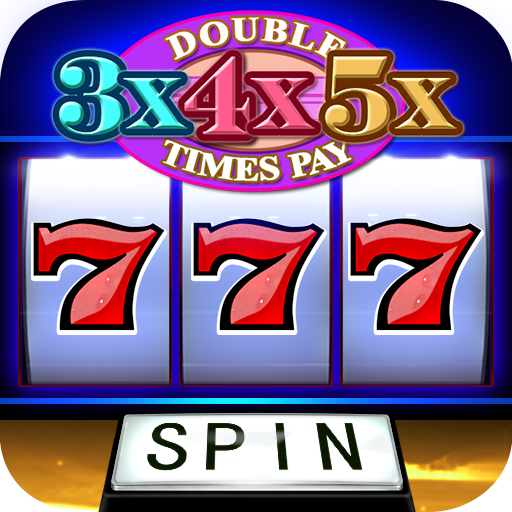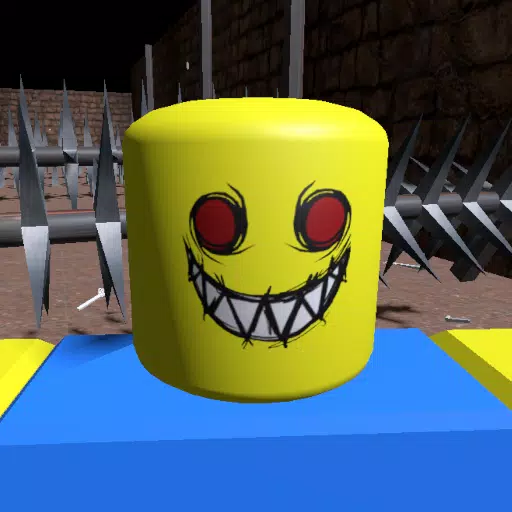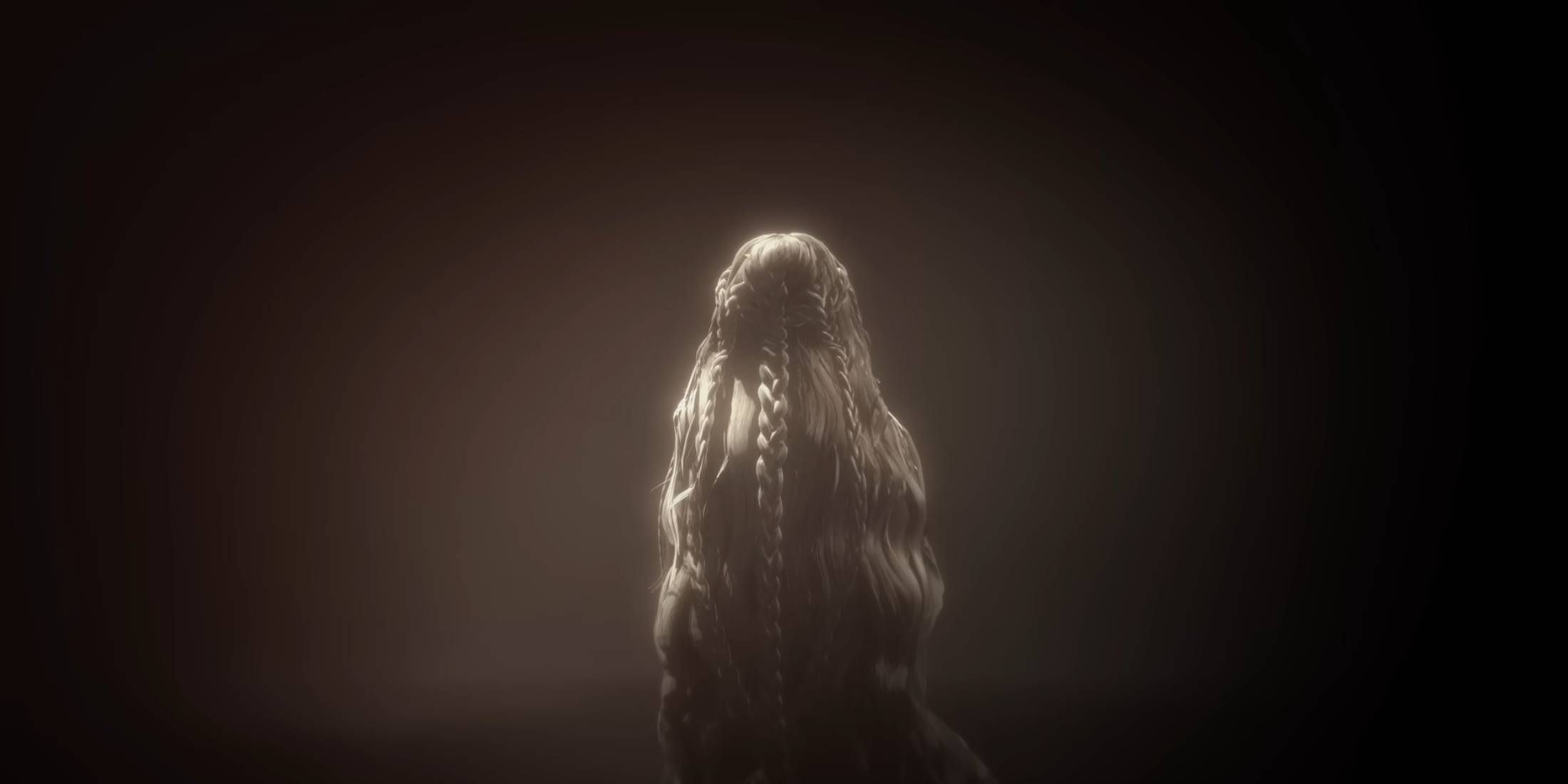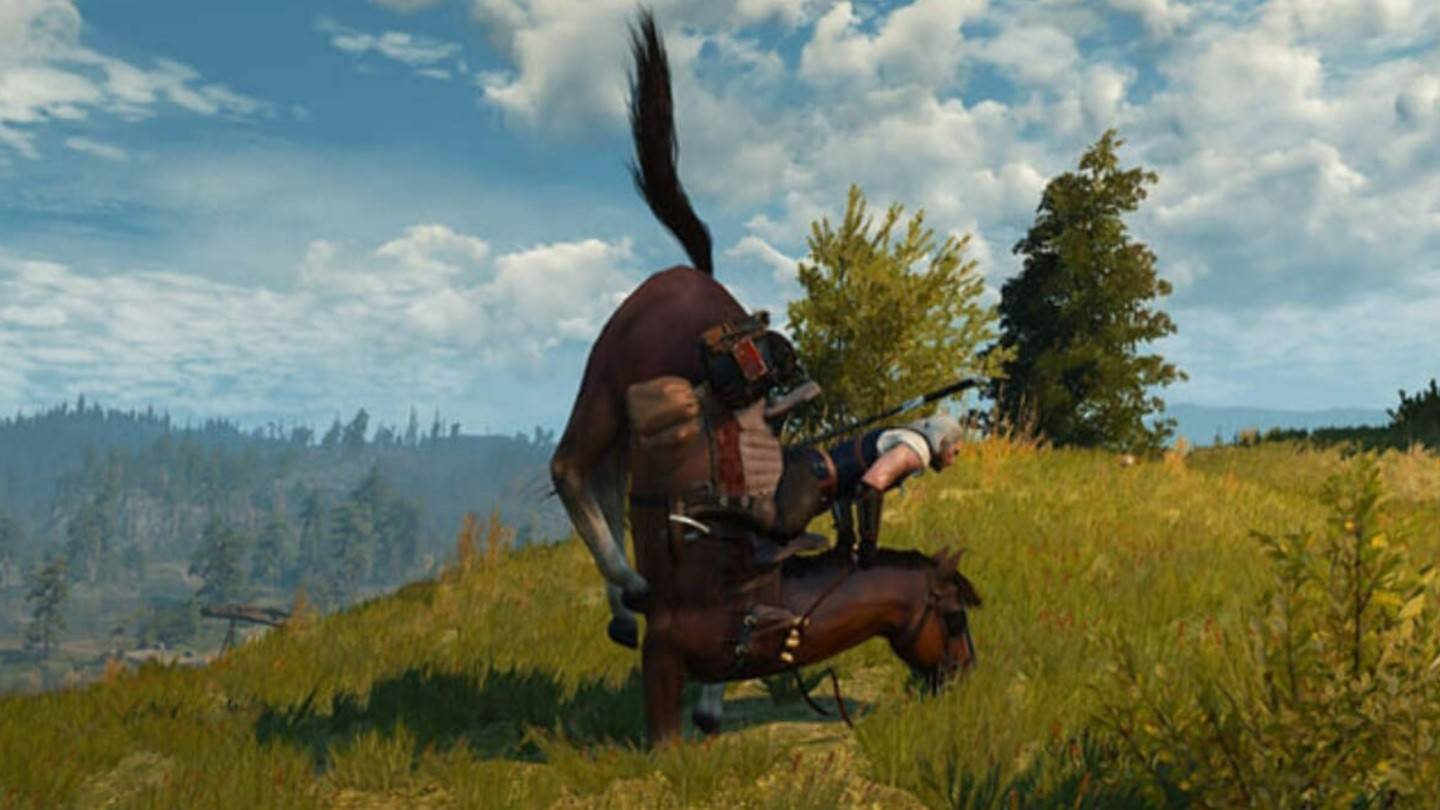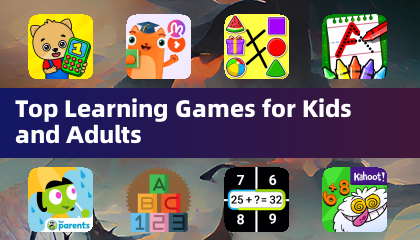Pokémon Chinese Clone Loses $15 Million Dollars in Copyright Lawsuit
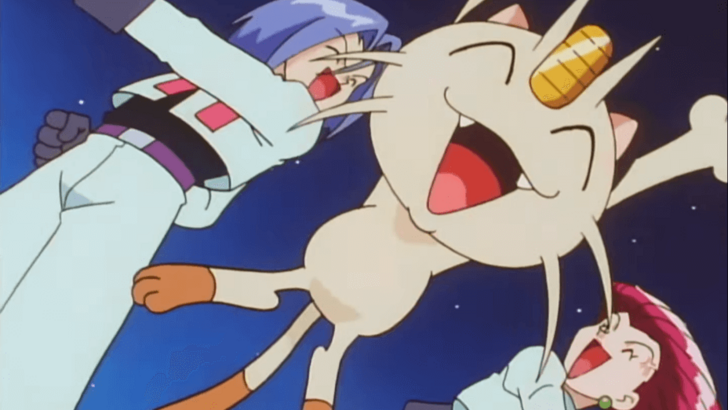
The Pokémon Company Secures $15 Million Victory in Copyright Infringement Case
A Chinese court has ruled in favor of The Pokémon Company in a significant copyright infringement lawsuit. The ruling awards the company $15 million in damages from several Chinese companies that developed a mobile RPG, "Pokémon Monster Reissue," deemed a blatant copy of the popular Pokémon franchise.
The lawsuit, filed in December 2021, highlighted the game's striking similarities to Pokémon, including character designs closely resembling Pikachu and Ash Ketchum, and gameplay mechanics virtually identical to the core Pokémon experience. While acknowledging the existence of other monster-catching games, The Pokémon Company argued that "Pokémon Monster Reissue" went beyond inspiration, constituting outright plagiarism. Evidence presented included the game's app icon mirroring Pokémon Yellow artwork and promotional materials featuring characters like Ash Ketchum, Pikachu, Oshawott, and Tepig, with minimal alterations.
Initially seeking $72.5 million in damages, along with a public apology and cessation of the game's development and distribution, The Pokémon Company ultimately secured a $15 million judgment from the Shenzhen Intermediate People’s Court. Three of the six defendant companies are reportedly appealing the decision.
The Pokémon Company reiterated its commitment to protecting its intellectual property, ensuring fans worldwide can enjoy Pokémon content without infringement. This stance, however, has been subject to past criticism regarding the company's handling of fan projects.
Former Chief Legal Officer Don McGowan clarified the company's approach, stating that takedown notices are generally reserved for projects gaining significant traction, such as those receiving crowdfunding. He emphasized that the company prefers to avoid legal action against fan creations unless they cross a line into substantial commercial infringement. Despite this, the company has previously issued takedown notices for various fan projects, including games and fan-made content creation tools. The case highlights the ongoing tension between protecting intellectual property and supporting fan creativity within the gaming community.
